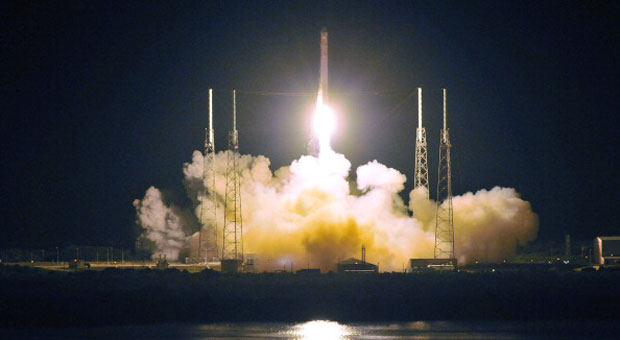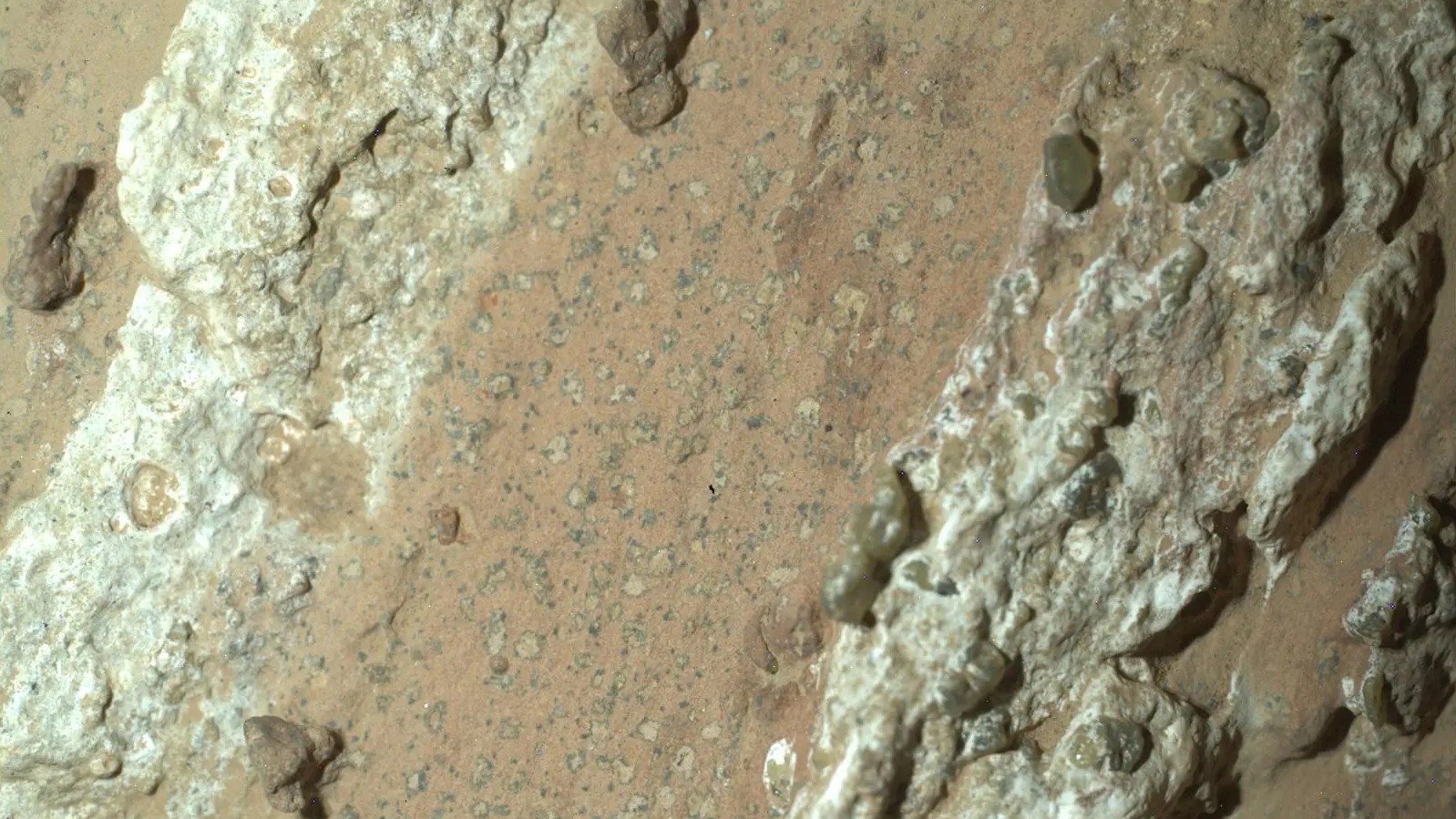SpaceX test flight: can a rocket be landed back on Earth?
Mission will be like 'trying to balance a rubber broomstick on your hand in the middle of a wind storm'

A free daily email with the biggest news stories of the day – and the best features from TheWeek.com
You are now subscribed
Your newsletter sign-up was successful
A groundbreaking rocket launch by private space exploration company SpaceX and Nasa has been postponed until Friday, due to a last-minute fault.
Falcon 9 will be carrying vital cargo to the International Space Station (ISS), but scientists are also hoping to make a historic rocket landing when the mission returns to Earth, which could have huge impacts for commercial space travel.
What will happen?
The Week
Escape your echo chamber. Get the facts behind the news, plus analysis from multiple perspectives.

Sign up for The Week's Free Newsletters
From our morning news briefing to a weekly Good News Newsletter, get the best of The Week delivered directly to your inbox.
From our morning news briefing to a weekly Good News Newsletter, get the best of The Week delivered directly to your inbox.
The main mission is to send a capsule filled with supplies of food, water and materials to the ISS, but an unprecedented feat will also be attempted once the capsule disengages from the rocket that propelled it into space - getting the rocket back to Earth in one piece so it can be re-used.
As the rocket descends at almost a mile a second, the engine will relight three times in order to adjust the point of impact and slow it down, The Guardian reports. Fins on the side of the rocket will also deploy as scientists try to land the unit on a giant floating platform in the middle of the Atlantic Ocean.
Will it succeed?
According to the company, stabilising the rocket for re-entry will be "like trying to balance a rubber broomstick on your hand in the middle of a wind storm".
A free daily email with the biggest news stories of the day – and the best features from TheWeek.com
The company has been playing down expectations of the mission, says the BBC, suggesting that there is only a 50 per cent chance of success. "I'm pretty sure this will be very exciting, but, as I said, it's an experiment," warned Hans Koeningsman, the firm's vice president for mission assurance.
"There's a certain likelihood that this will not work out all right, that something will go wrong. It's the first time we have tried this – nobody has ever tried it as far as we know," he added.
Why is it so significant?
If scientists are able to retrieve the rocket and reuse it, it would herald a major breakthrough in space travel. Rocket components are normally discarded after use as they get damaged upon their return to Earth. Reusable rockets would significantly reduce the launch costs of future missions, making them more accessible to governments, private firms and even individuals.
"The reason that there's low demand for spaceflight is that it's ridiculously expensive," said SpaceX founder Elon Musk. "These spaceships are expensive and they're hard to build," he said. "You can't just leave them there."
-
 The EU’s war on fast fashion
The EU’s war on fast fashionIn the Spotlight Bloc launches investigation into Shein over sale of weapons and ‘childlike’ sex dolls, alongside efforts to tax e-commerce giants and combat textile waste
-
 How to Get to Heaven from Belfast: a ‘highly entertaining ride’
How to Get to Heaven from Belfast: a ‘highly entertaining ride’The Week Recommends Mystery-comedy from the creator of Derry Girls should be ‘your new binge-watch’
-
 The 8 best TV shows of the 1960s
The 8 best TV shows of the 1960sThe standout shows of this decade take viewers from outer space to the Wild West
-
 NASA’s lunar rocket is surrounded by safety concerns
NASA’s lunar rocket is surrounded by safety concernsThe Explainer The agency hopes to launch a new mission to the moon in the coming months
-
 Nasa’s new dark matter map
Nasa’s new dark matter mapUnder the Radar High-resolution images may help scientists understand the ‘gravitational scaffolding into which everything else falls and is built into galaxies’
-
 NASA discovered ‘resilient’ microbes in its cleanrooms
NASA discovered ‘resilient’ microbes in its cleanroomsUnder the radar The bacteria could contaminate space
-
 Artemis II: back to the Moon
Artemis II: back to the MoonThe Explainer Four astronauts will soon be blasting off into deep space – the first to do so in half a century
-
 The mysterious origin of a lemon-shaped exoplanet
The mysterious origin of a lemon-shaped exoplanetUnder the radar It may be made from a former star
-
 Blue Origin launches Mars probes in NASA debut
Blue Origin launches Mars probes in NASA debutSpeed Read The New Glenn rocket is carrying small twin spacecraft toward Mars as part of NASA’s Escapade mission
-
 NASA reveals ‘clearest sign of life’ on Mars yet
NASA reveals ‘clearest sign of life’ on Mars yetSpeed Read The evidence came in the form of a rock sample collected on the planet
-
 SpaceX breaks Starship losing streak in 10th test
SpaceX breaks Starship losing streak in 10th testspeed read The Starship rocket's test flight was largely successful, deploying eight dummy satellites during its hour in space